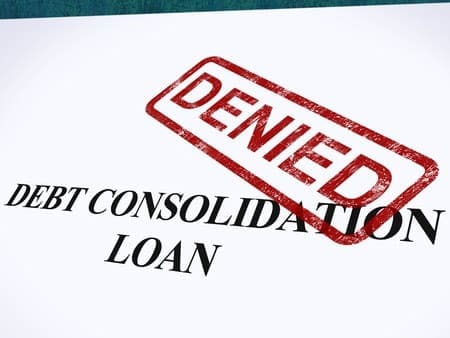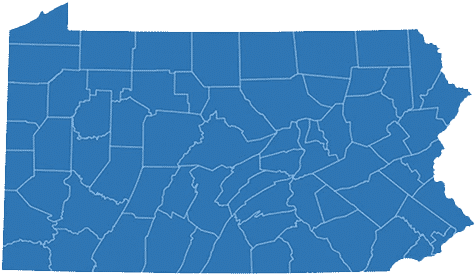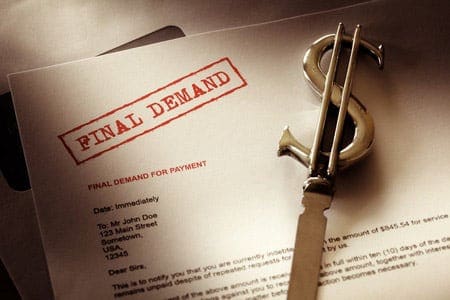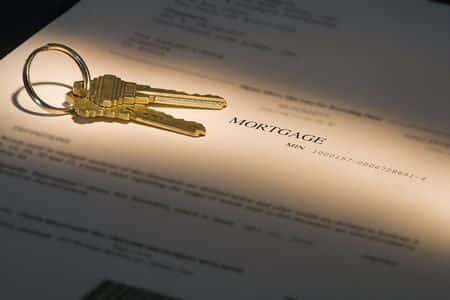Be Careful – You Cannot Borrow Your Way Out of Debt!
If you’re reading this, it’s likely you’ve been researching ways to get out of debt, or to improve your financial situation with regard to debt.
In this article, we’ll consider how debt consolidation works. To begin, let’s start with the basics, like the difference between debt consolidation and debt negotiation.
- Debt Consolidation refers to the act of grouping all your outstanding debts into one single debt, making payments more manageable as you work to reduce and eliminate what you owe.
- Debt Negotiation is when an attorney steps in to negotiate with your creditors and reduce your total debt load. To learn more, visit our Debt Negotiation page.
Debt Consolidation Loans
Debt consolidation loans are one of the most common solutions people think of when they fall victim to financial hardship. Unfortunately, people who choose debt consolidation often find themselves with a larger debt and in deeper financial trouble than they were before the loan.
The reason this happens is that you can NOT borrow your way out of debt.
- A debt consolidation loan will not reduce the amount you owe.
- You will pay on the entire principal and will be paying far more interest over a longer period of time.
Unfortunately, when you try to consolidate debt, it is often nothing more than a very expensive way to cover up an underlying problem.
At Harold Shepley & Associates, we focus on solving your debt problems, not merely covering them up or allowing you to fall victim to so-called solutions that only worsen your situation. To learn more call us at 877-827-9006, or complete our easy to use contact form. We’re ready to help.
Home Equity Loans and Debt Consolidation
When taking out a debt consolidation loan, you will most often be required to secure the loan against some form of asset, usually your home.
This is called a home equity loan or home equity line of credit (also known as HELOC).
You may be thinking: How do I qualify for a home equity loan to consolidate my debt? To qualify for these types of loans you must have a home and you must still have equity in your home. In other words, the value of the home must be worth more than what you owe.
Assuming you manage to get a home equity loan, you have now put your unsecured debt into a secured loan. That means you have put your personal assets at risk.
If you run into further difficulty paying on the new loan, you run the risk of a foreclosure on your home.
Personal Secured and Unsecured Debt Consolidation
Next, we’ll review unsecured consolidation verses secured consolidation loans.
When you put something up that you own (such as a car, property, home, computer, TV etc.), your turn your debt consolidation into a secured loan. This is to provide collateral if you fail to make payment to the loan company.
If you take out an unsecured loan, you do not put up any collateral on the loan. However, this type of loan has a higher interest rate and often comes with hefty penalties if you do not pay on time.
With both types of consolidation loans, you run risks. There is the risk of losing your collateral if you are unable to pay on the new loan and the risk of going even deeper into debt if your loan is unsecured.
Credit Card Balance Transfer
Another way people consolidate debt is through credit card balance transfers.
If you are struggling to pay credit card debt and other bank loans, credit card companies try to attract new customers by offering zero or a low-percent interest on balance transfers.
Ideally, you want to transfer balances from credit cards with high interest rates into a card with one these offers.

Transferring balances can help short term, as long as you carefully keep track of the promotions and the end date when the interest rate will substantially jump. The promotions are to entice you to sign up with the hopes that you forget that the low interest offer only lasts for so long. After the introductory period is over, the rate will increase and so will all the debt that was transferred.
Dealing with Debt Successfully
When choosing to consolidate debt, you are simply shuffling the debt around so that it becomes easier to pay.
While this has some limited value, most of the time you are not fixing the problem.
Typically what happens is this: once you consolidate the debt, you discover you now have more spending power. You have credit cards with space to charge and once again you find yourself running your credit cards up to the max.
Now you have both a consolidation loan and more credit card debt to pay. If you were having trouble paying your previous debt, how are you going to repay the combination of your new loan and your newly maxed out credit cards?
Harold Shepley and Associates can Help
You aren’t alone.
If you are having trouble paying bills and considering a debt consolidation loan, call us today at 877-827-9006, or complete our easy to use contact form. We’re ready to help.
At Harold Shepley & Associations, our experienced attorneys will assist you with real debt relief options, without putting your home and property at risk. We’ll get you out of debt once and for all.
We not only eliminate the interest rate, we reduce the actual balance owed to the creditor and arrange for an affordable payment plan. We can do this for clients located anywhere in the United States. So what are you waiting for? Call us today at 877-827-9006.




